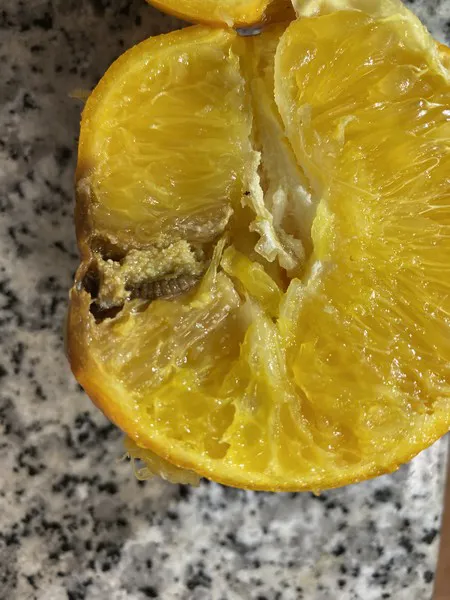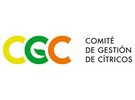In September, the Citrus Management Committee (CGC) called on the European Commission (EC) to investigate the extent of non-compliance with the application of cold treatment against false moths on European imports of South African oranges. Now, according to Europhyt data from February, the presence of this same pest, T. leucotreta, has been detected in mandarins from Israel.

“This confirms what this association has been stating: that to avoid the risk of entry of this quarantine pathogen, cold treatment requires the monitoring of the temperature of the central part of the fruit (its pulp) through at least three probes, and that it is essential that the programmed temperature is reached, throughout the product, during the specified treatment time; that it must be imposed on imports from all countries that are affected by this pest and all citrus fruits that can host it, not only oranges - as decided by the EU - but also mandarins, and grapefruits.”
“In November, the CGC - on behalf of Intercitrus - exposed and showed clear evidence of how South Africa had avoided complying with what was published in the EUOF in June 2022. Indeed, the South African authorities issued phytosanitary certificates and their compliance was not verified upon arriving at European ports by inspectors from the Member States. This meant shipping costs to the EU were cheaper and that container logistics were easier, but it did not act effectively against the pest. This irregularity explains why, in October, authorities in a European port detected false moths in a batch of South African oranges that carried the aforementioned certificate."
“The EC applied a different approach in the case of Israel and relied on an alternative ‘systems approach’ so as not to impose on its citrus fruits the same cold treatment it required on South African oranges. In the case of Israel, the greatest risk of transmission was its mandarins. The importance of extending an effective and real cold treatment to all oranges, mandarins, and grapefruits from countries where the pathogen is present seems crucial given the volumes of imports from both countries: from January to December 2022 Israel was the EU's third-largest supplier of mandarins, with exports that amounted to 59,875 tons; South Africa was the leader ahead of Morocco, totaling 125,202 tons and reaching a 30.9% share. In 2022, South Africa was also the EU's leading third-country supplier of oranges, with 383,042 tons and a 43.6% share.
For more information:
CGC
[email protected]
www.citricos.org










